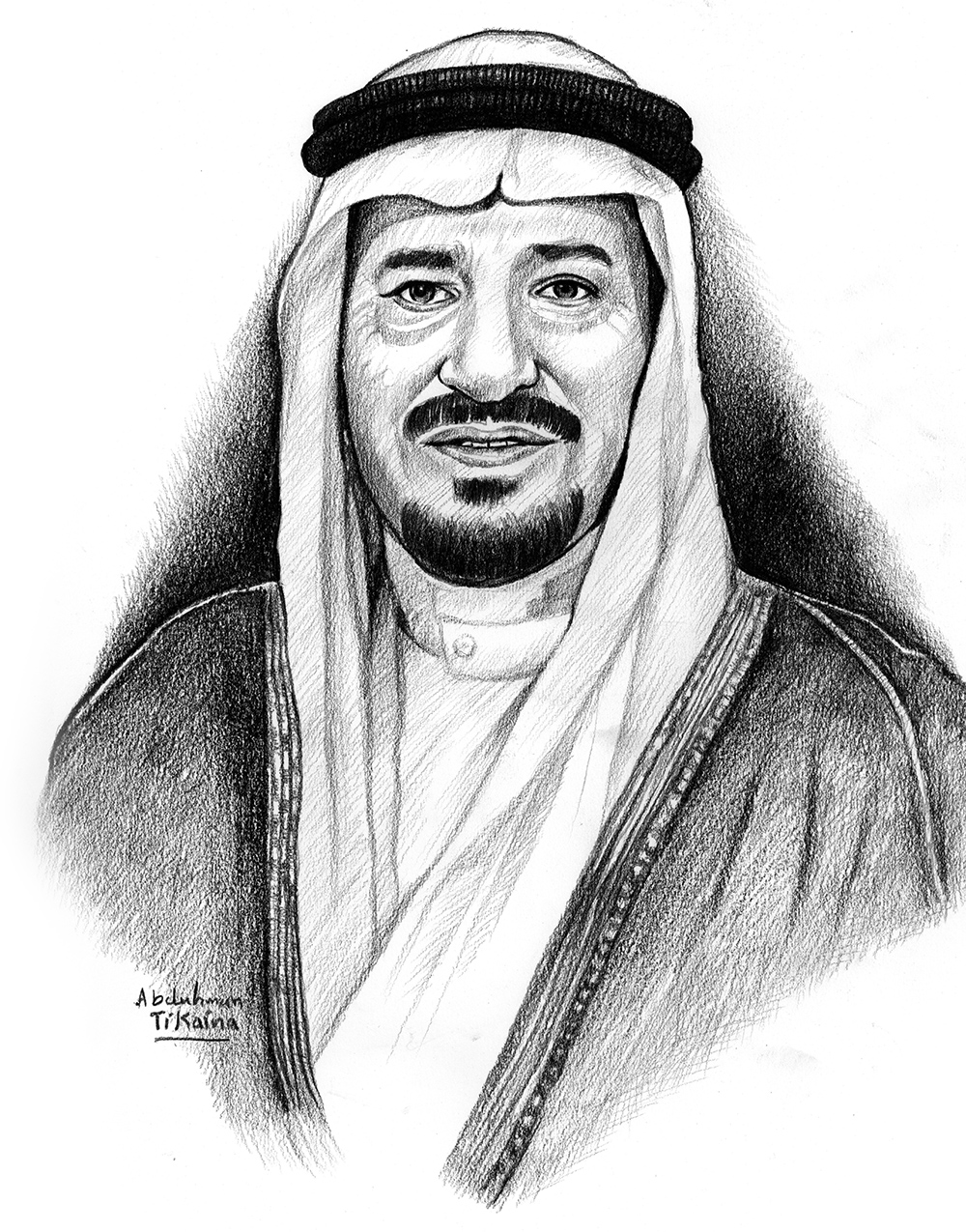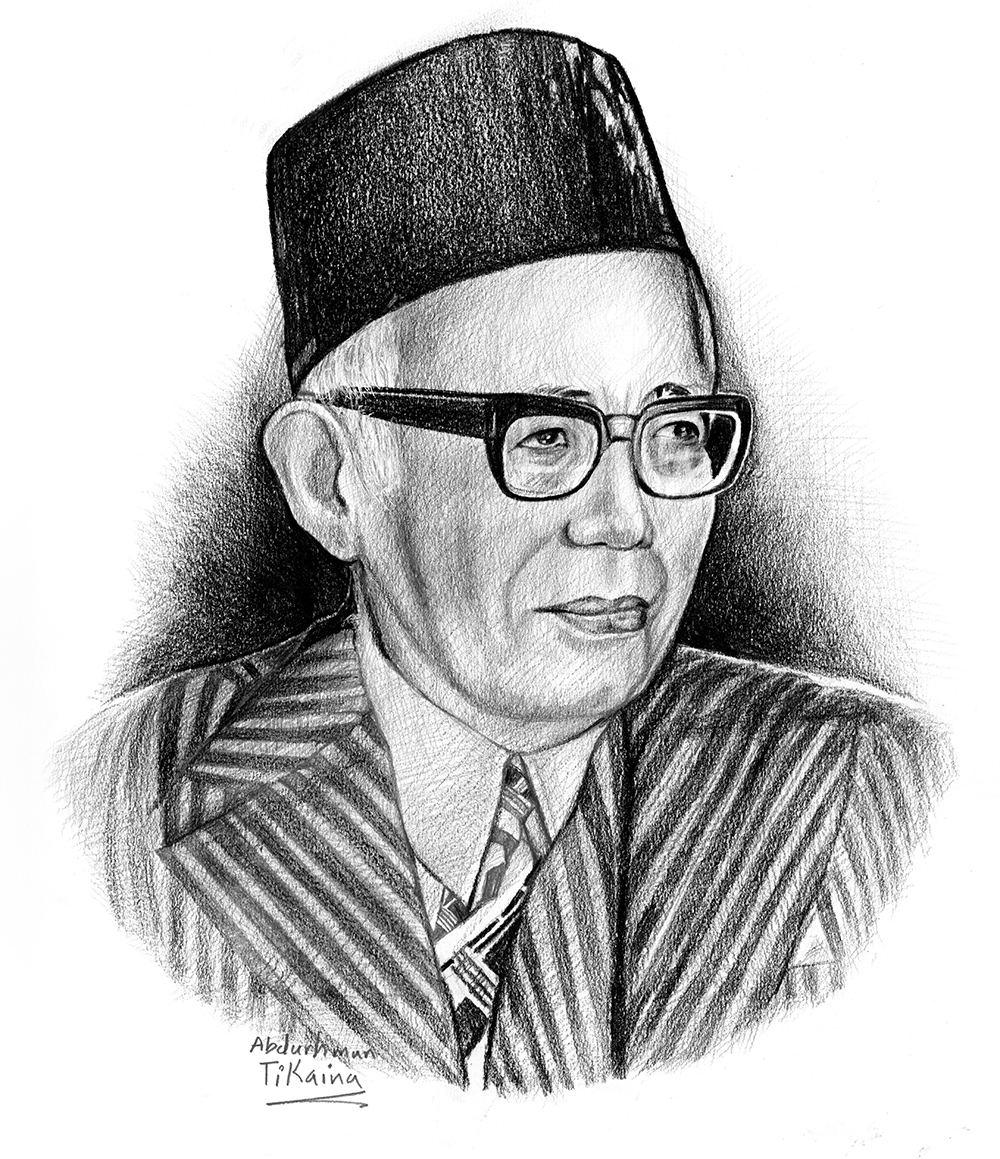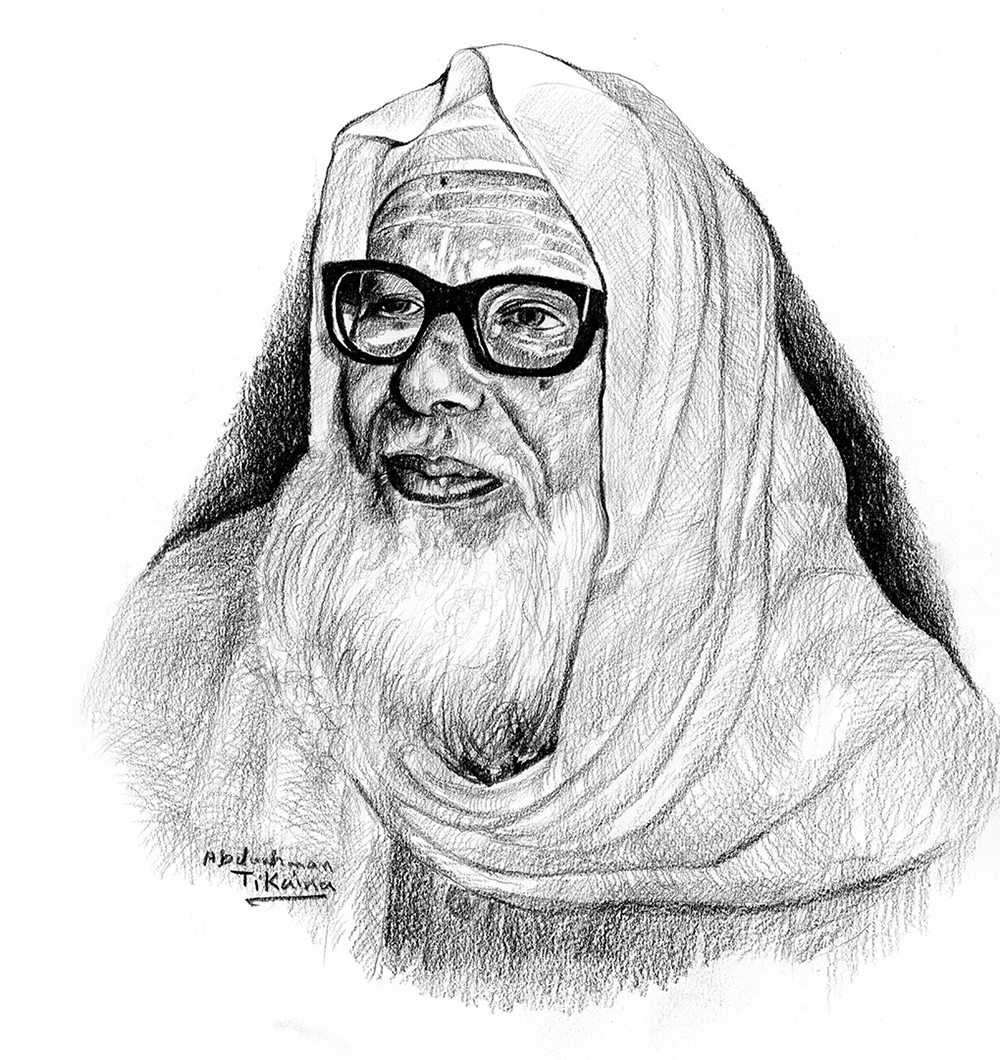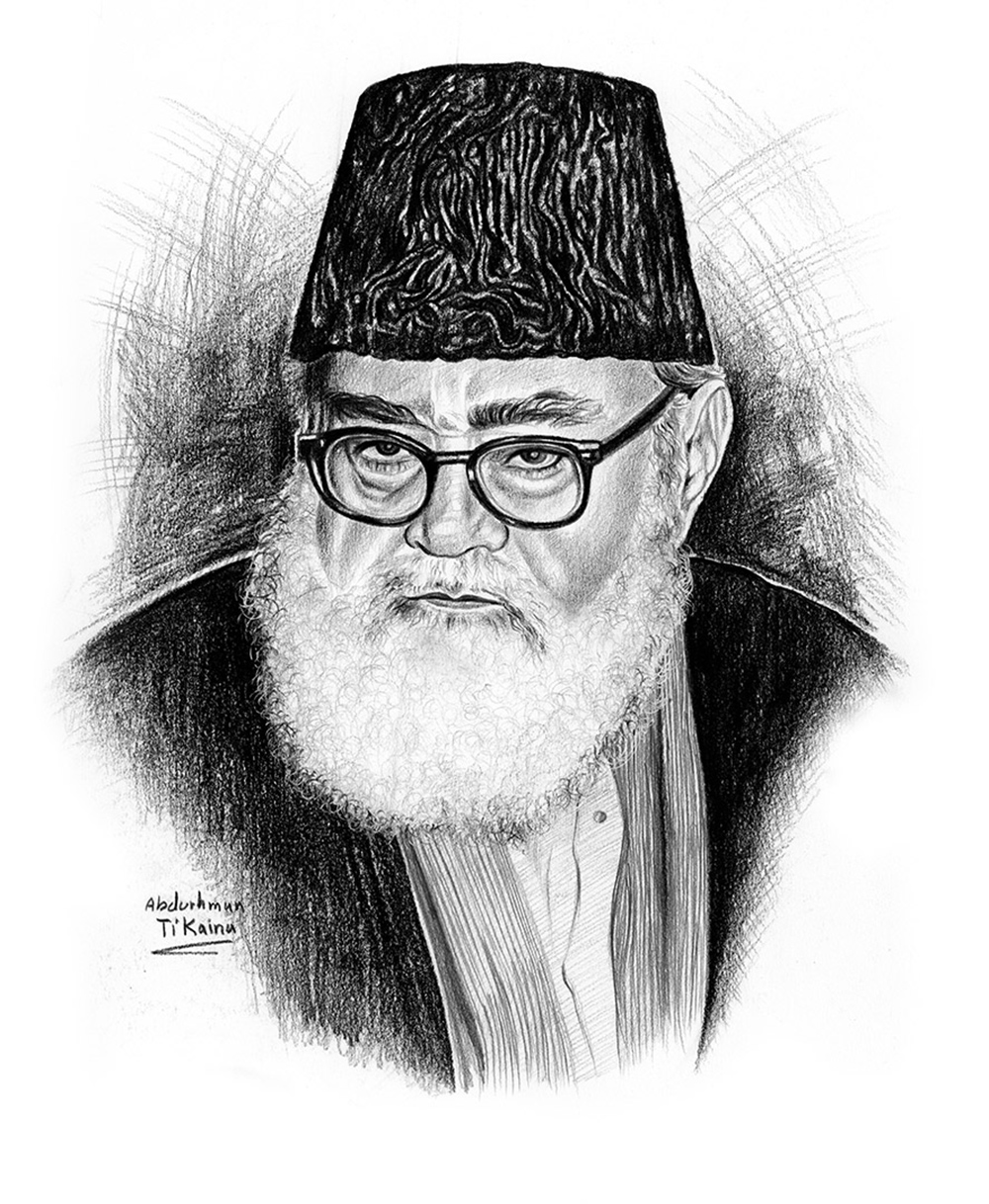Khalid bin Abdulaziz Al-Saud received his education in Arabic language and Islamic studies under the tutelage of prominent Saudi scholars. As a young prince, he participated in his father’s efforts to unify the Kingdom of Saudi Arabia, serving at one time as the Governor of Makkah, then as a Minister of Interior. He also led the Saudi delegation for negotiation of a border dispute with Yemen that successfully led to the conclusion of the Taif Agreement between the two countries in 1934.
During the reign of King Faisal, he was named Crown Prince and, following Faisal’s assassination in 1975, he became Saudi Arabia’s fourth monarch, reigning from 1975 to 1982. Not long after his accession, he launched the second Five Year Plan, which set in train much of the infrastructural development on which the future health and prosperity of the Kingdom was to depend.
King Khalid’s religious upbringing influenced his reign. He continued the tradition of his predecessors: modernizing his country without compromising its commitment to Islamic teachings. Under his leadership, the Kingdom developed at an exceptionally fast pace while remaining stable, secure, and adhering to Islamic values. He was a devout Muslim who strove relentlessly to promote Islam and encourage solidarity and cooperation among Muslim countries. He also fostered numerous philanthropic projects in Islamic countries and ardently supported Muslim minorities worldwide.
This biography was written in the year the prize was awarded.




